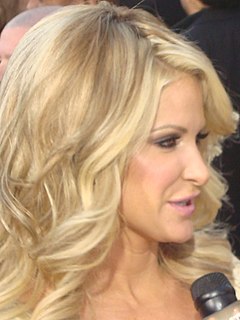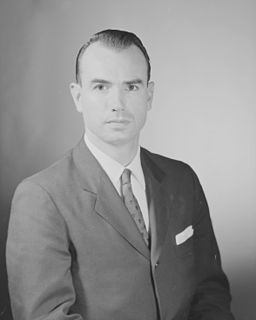A Quote by Jodi Picoult
I can give or take elephants; I never can find the cheetah-but the zebras captivate me. They'd be one of the few things that would fit if we were lucky enough to live in a world that's black or white.
Related Quotes
During his fifteen years in Italy, Hannibal never had enough elephants to suit him. Most of the original group succumbed to the climate, and he was always begging Carthage for more, but the people at home were stingy. They would ask if he thought they were made of elephants and what had he done with the elephants they sent before.
If dragons were common, and you could look at one in the zoo - but zebras were a rare legendary creature that had finally been decided to be mythical - then there's a certain sort of person who would ignore dragons, who would never bother to look at dragons, and chase after rumors of zebras. The grass is always greener on the other side of reality. Which is rather setting ourselves up for eternal disappointment, eh? If we cannot take joy in the merely real, our lives shall be empty indeed.
Cheetah genes cooperate with cheetah genes but not with camel genes, and vice versa. This is not because cheetah genes, even in the most poetic sense, see any virtue in the preservation of the cheetah species. They are not working to save the cheetah from extinction like some molecular World Wildlife Fund.
It was common practice for me to take my children with me whenever I went shopping, out for a walk in a white neighborhood, or just felt like going about in a white world. The reason was simple enough: if a black man is alone or with other black men, he is a threat to whites. But if he is with children, then he is harmless, adorable.
Black professors make more than white professors. That's because we are in demand. I'll tell you, give me two blacks in institutions of higher learning, one has a Ph.D. from an elite institution and has a certain publication record. You give me a white scholar with the same credentials, and I will take that black scholar.
White people's fear of Black people with guns will never cease to amaze me. Probably it's because they think about what they would do were they in our place. Especially the police, who have done so much dirt to Black people - their guilty conscience tells them to be afraid. When Black people seriously organize and take up arms to fight for our liberation, there will be a lot of white people who will drop dead from no other reason than their own guilt and fear.
I would say I'm black because my parents said I'm black. I'm black because my mother's black. I'm black because I grew up in a family of all black people. I knew I was black because I grew up in an all-white neighborhood. And my parents, as part of their protective mechanisms that they were going to give to us, made it very clear what we were.
I believe I live in a black and white. I think things are like either black or white. I don't really believe that much in the gray. I think that there's gray for a lot of people, but I don't live in the gray. I realize whatever action I have or take, it's going to have a consequence -- either good or bad. So I live my life in a way where I don't have bad consequences. I just notice there's a lot people around me just live in the gray. I don't know, for me, I'm just really straightforward.
There were tens of thousands of pilgrims, from all over the world. They were of all colors, from blue-eyed blonds to black-skinned Africans. But we were all participating in the same ritual, displaying a spirit of unity and brotherhood that my experiences in America had led me to believe never could exist between the white and non-white.
I've never seen a sincere white man, not when it comes to helping black people. Usually things like this are done by white people to benefit themselves. The white man's primary interest is not to elevate the thinking of black people, or to waken black people, or white people either. The white man is interested in the black man only to the extent that the black man is of use to him. The white man's interest is to make money, to exploit.
The floor of ice cream parlor bothered me. It was black-and-white checkboard tile, bigger than supermarket checkboard. If I looked only at a white square, I would be all right, but it was hard to ignore the black squares that surrounded the white ones. The contrast got under my skin. The floor meant yes, no, this, that, up, down, day, night -all the indecisions and opposites that were bad enough in life without having them spelled out for you on the floor.
There is not a history of black intellectuals being allied with dominant forces to hold white people in social and cultural subordination for a few centuries. Second, the "our" of black folk has always been far more inclusive that the "our" of white folk. For instance, there would have hardly been a need for "black" churches if "white" churches had meant their "our" for everybody - and not just white folk. But "our" black churches have always been open to all who would join. The same with white society at every level.


































